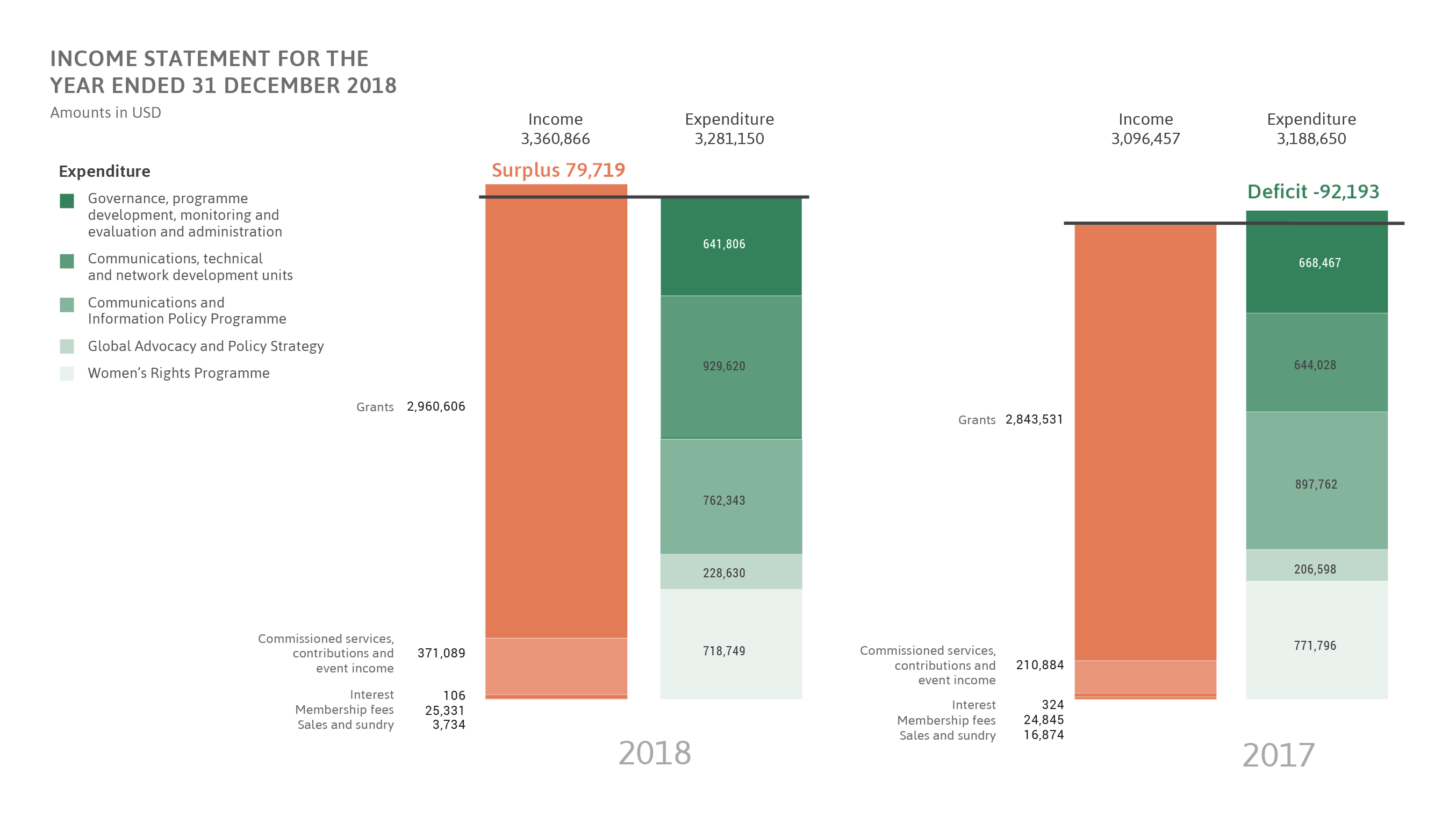7amleh advocated for Google to put Palestine on the map
Governments are becoming increasingly reliant on partnerships with social media giants to advance their political agendas. This is a cause for concern, as tech companies like Google have the ability to shape our understanding of the world and inform public opinion.
Despite its claims of commitment to human rights, Google Maps is violating international law and agreements about the geography of Palestine (West Bank, East Jerusalem, Gaza) and is disregarding the restrictions to movement imposed on Palestinians by the Israeli occupation, putting their lives in danger. Google Maps is adopting the Israeli narrative of space, which is illegal according to international law. This includes recognising several illegal Israeli settlements in the occupied Palestinian West Bank as well as annexed East Jerusalem as Israel’s capital. Furthermore, several communities marginalised by the occupation and under constant threat of demolition and forced displacement, such as Khan al-Ahmar, can only find their homes on Google Maps when zooming in to a very high degree. This is contributing to and assisting the planned erasure of these areas, not only from maps, but from the land by the occupation.
Additionally, the Google Maps route planning services are designed for settlers, whose presence is illegal in the West Bank. As a result, Palestinian users often end up in dangerous areas for Palestinians including Israeli military zones, checkpoints and settlements when using the Google Maps route-planning service.
In response, APC member 7amleh - Arab Center for Social Media Advancement highlighted Google’s discriminatory mapping of Palestinian land by reaching out to decision makers as well as international and local audiences to advocate for policy change. As part of this initiative, 7amleh produced and disseminated a report that identifies and analyses the social, legal and political repercussions of Google’s policies regarding Palestinians, based on a human rights approach.
The objective of the report was to not only inform public opinion, but to inform policy and other advocacy-related activities surrounding the issue. To this end, a coalition of all international and civil society organisations concerned with Palestinian digital rights was formed to lobby representatives from Google on the issue of maps and the need for a more neutral, transparent and human rights-based approach in Palestine.
For more information, visit 7amleh’s advocacy mini-site on the initiative and watch their video in English and/or Arabic.

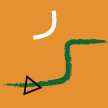
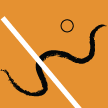
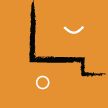
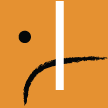

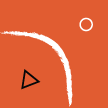
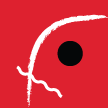
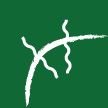
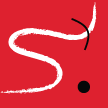
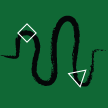
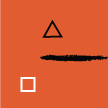
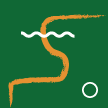
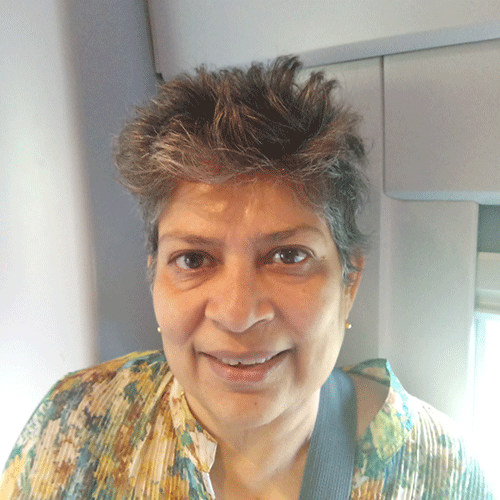

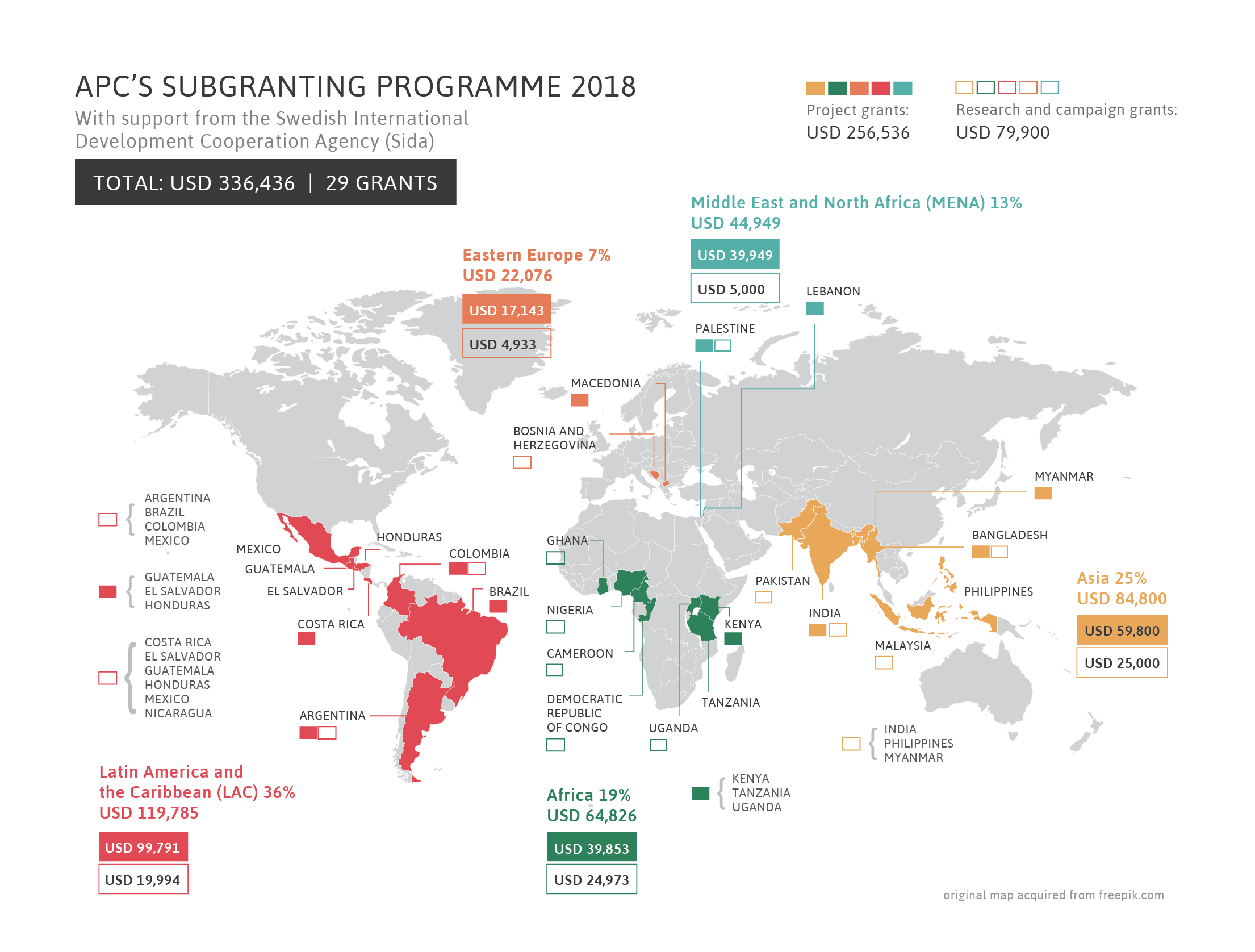
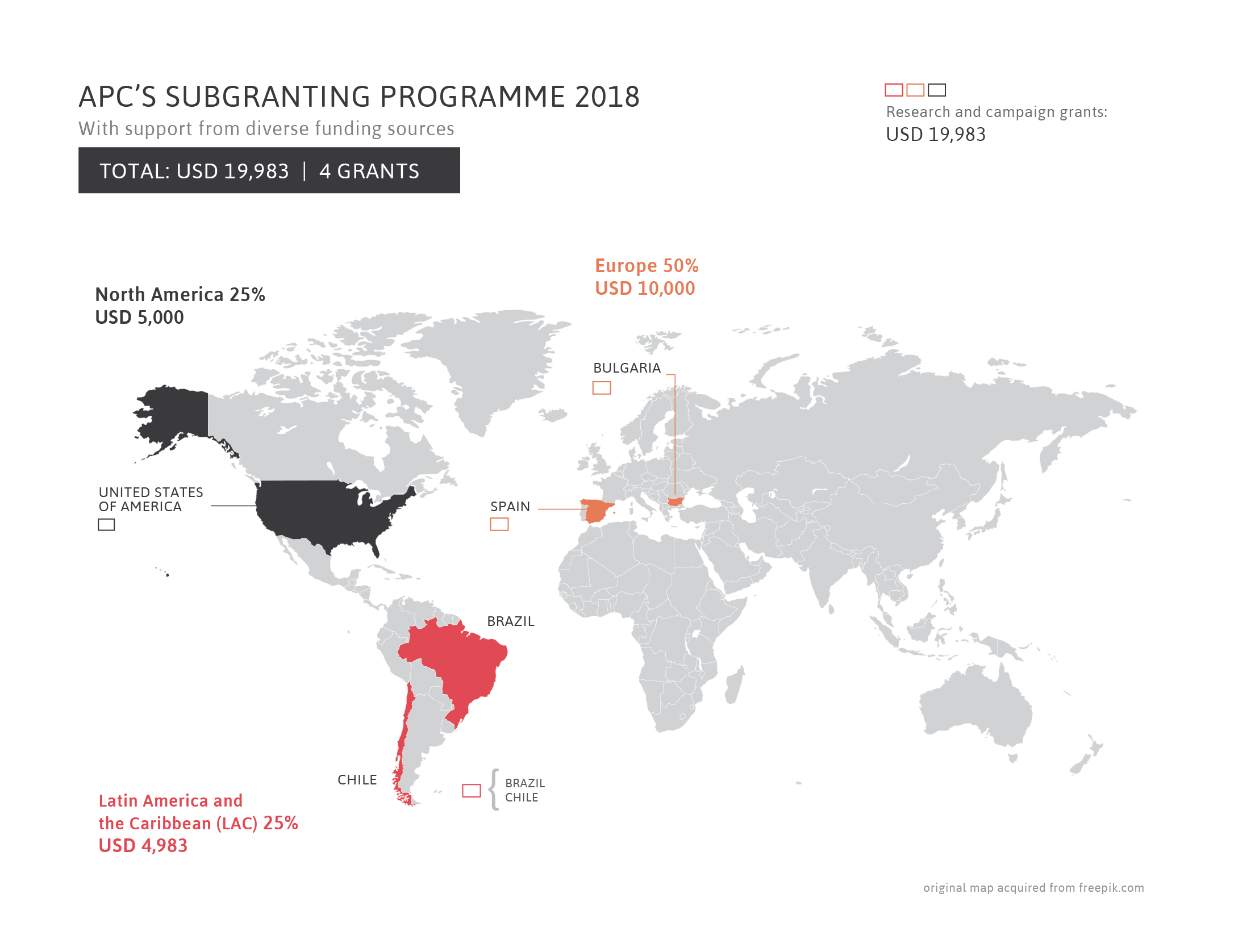
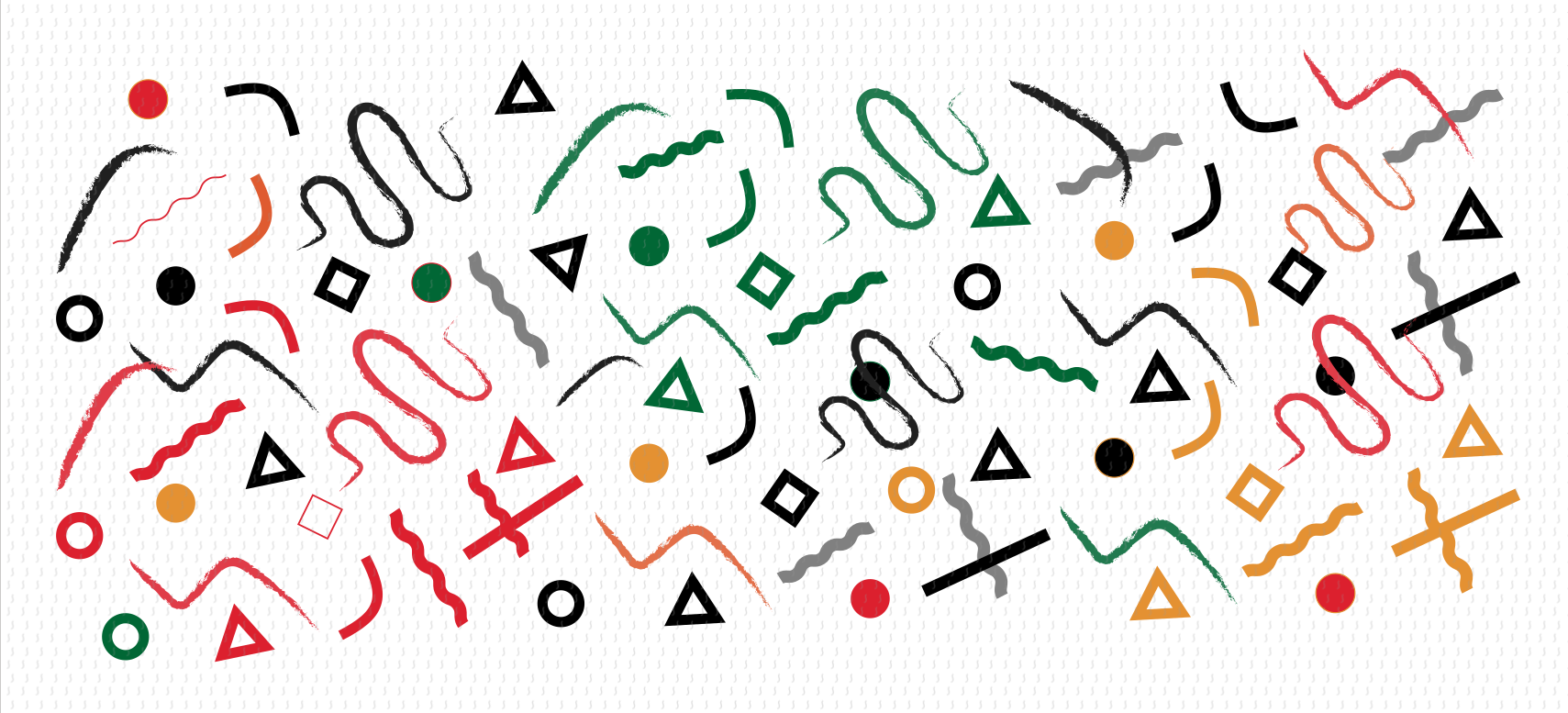
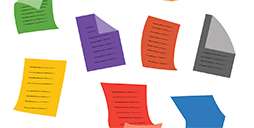
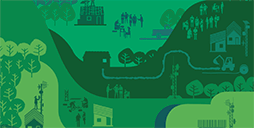
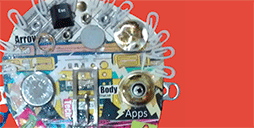
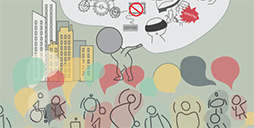
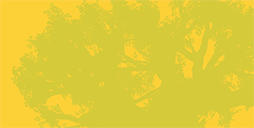

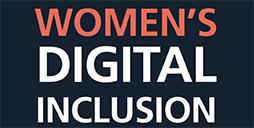
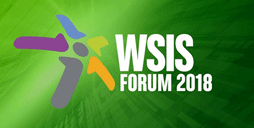
 Organizational members
Organizational members
 Individual members
Individual members
